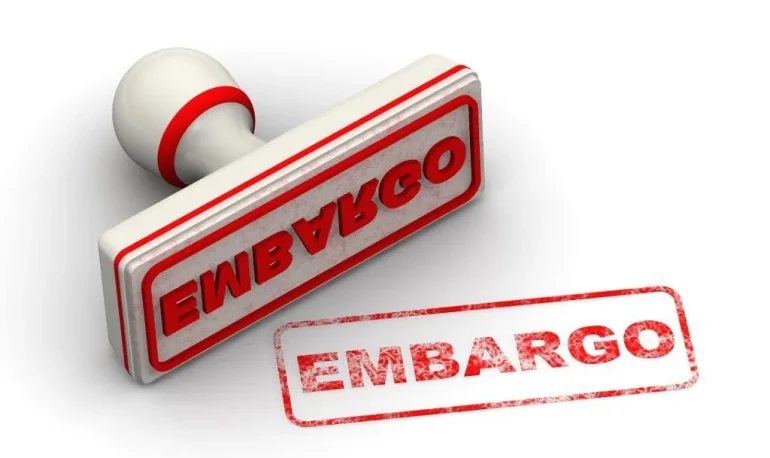In the fast-paced world of public relations, timing can make or break a news announcement. A well-executed embargo serves as a powerful strategic tool that allows PR professionals to control when sensitive information reaches the public. This coordinated approach to news release ensures maximum media impact while building trust with journalists and maintaining message consistency across all platforms.
Understanding how embargoes function is essential for any PR practitioner looking to enhance their media relations strategy and achieve synchronized coverage. Whether you’re announcing a major product launch, sharing groundbreaking research, or revealing significant corporate developments, mastering embargo protocols can transform how your news resonates with target audiences and drives meaningful engagement.
What is a PR Embargo?
A press embargo is a formal agreement between PR professionals and journalists that restricts the publication of specific information until a predetermined date and time. This strategic tool allows media outlets to receive advance access to newsworthy content while ensuring coordinated release across all platforms. The embargo creates a controlled environment where journalists can prepare comprehensive, accurate stories without the pressure of immediate publication deadlines.
Embargoes function as gentlemen’s agreements built on mutual trust and professional ethics rather than legal contracts. When PR teams share embargoed content, they provide journalists with valuable preparation time to conduct interviews, gather additional context, and craft well-researched articles that coincide with the official announcement.
When to Use Embargoes Effectively

Funding Announcements
Funding announcements represent the most popular use case for embargoes in corporate communications. Companies raising capital require strict confidentiality until they’re ready to make official announcements, preventing premature leaks that could impact valuation or investor relations.
Product Launches and Innovations
Product announcements benefit significantly from embargo strategies, especially when timing coincides with launch dates. This approach prevents negative coverage from incomplete information while allowing journalists to prepare comprehensive reviews and feature stories.
Mergers and Acquisitions
Corporate mergers and acquisitions demand embargo protection due to their market-moving potential. Early disclosure can cause significant financial repercussions, making controlled release essential for both internal and external stakeholder communication.
Government and Policy Announcements
Government officials frequently use embargoes for policy initiatives, budget releases, and significant announcements. This practice ensures synchronized reporting and prevents market volatility from premature information disclosure.
Best Practices for Embargo Management
Clear Communication and Terms
Successful embargo implementation requires explicit communication of terms, including specific dates, times, and any conditional requirements. PR professionals must clearly state embargo conditions before sharing sensitive information, ensuring journalists understand their obligations.
Relationship Building
Strong media relationships form the foundation of effective embargo compliance. Journalists are more likely to respect embargoes when they trust the PR professional and value the ongoing relationship. Building these connections requires consistent, ethical communication practices.
Strategic Content Sharing
When pitching under embargo, balance information sharing carefully. Provide enough detail to generate interest without revealing complete details before securing embargo agreements. This approach protects sensitive information while maintaining journalist engagement.
Potential Risks and Mitigation
Embargo breaches can occur when journalists break agreements or information leaks through other channels. These situations can damage media relationships and reduce announcement impact. Having contingency plans and maintaining professional responses to breaches helps preserve long-term media partnerships.
Embargoes work best when used sparingly for genuinely newsworthy content. Overusing embargoes for routine announcements can damage credibility and reduce journalist cooperation over time.

